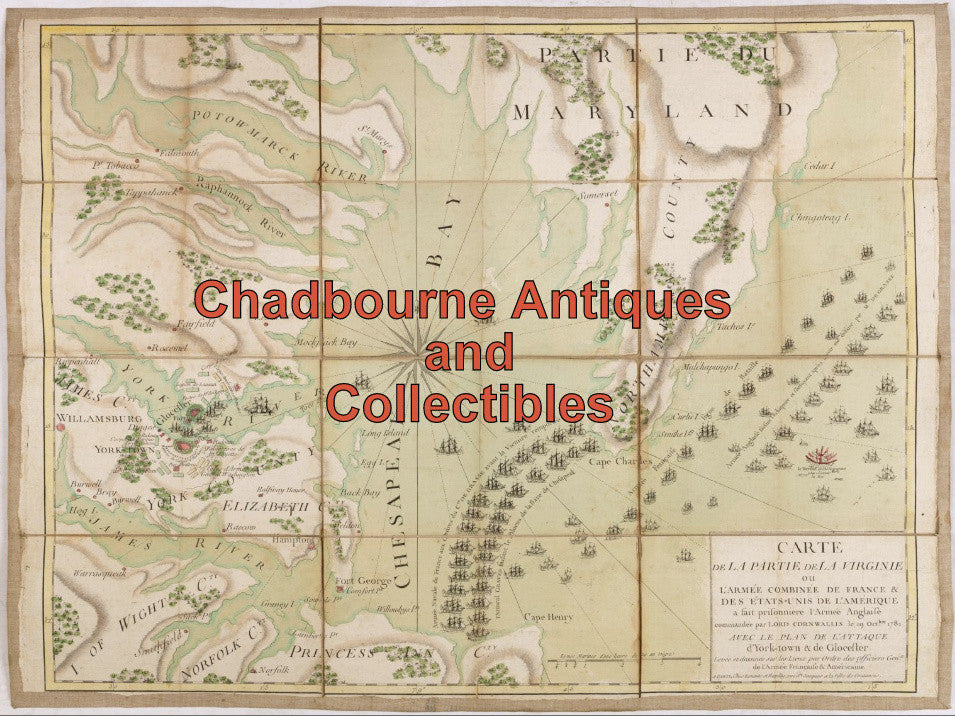$350.00 CAD
– Sold Out| /
Letter from Robert Heriot Barclay, Royal Navy Officer, who had just returned o Portsmouth on the HMS Diana with Sir Sydney Smith.
I believe he was previously part of the British expedition that in 1807-08 had accompanied the Portuguese Royal family who sought refuge in Brazil after Napoleon’s invasion of their country. He describes Rio in this letter.
Barclay had participated in the Battle of Trafalgar on the Swiftsure (age of 18), and would lose his right arm while leading a boarding attack on a French convoy later in 1809. Afterwards stationed in Halifax N.S. Early in 1813, he was appointed to the naval command on the Canadian lakes and participated in battle against American forces.
Letter sent to John J. Douglas, who later became the 3rd Baronet of Springwood Park, Kelso (Scotland). Douglas participate in the Peninsular War and at Waterloo.
(1) HMS Diana was a 38-gun Artois-class fifth rate frigate of the Royal Navy. She was launched in 1794.
(2) Admiral Sir William Sidney Smith GCB GCTE KmstkSO FRS (1764 – 1840) was a British naval officer. Serving in the American and French revolutionary wars, he later rose to the rank of admiral. Napoleon Bonaparte, reminiscing later in his life, said of him: "That man made me miss my destiny".
(3) Setting sail for Brazil on 29 November 1807, the royal party navigated under the protection of the British Royal Navy, and eight ships of the line, five frigates, and four smaller vessels of the Portuguese Navy, under the command of Admiral Sir Sidney Smith. On 5 December, almost halfway between Lisbon and Madeira, Sidney Smith, along with Britain's envoy to Lisbon, Lord Strangford, returned to Europe with part of the British flotilla. Graham Moore, a British sailor and career officer in the Royal Navy, continued escorting the Portuguese royal family to Brazil with the ships Marlborough, London, Bedford, and Monarch.
Sir John James Scott Douglas (1792-1836) was the 3rd Baronet of Springwood Park, Kelso. He took the Scott name and arms after marrying Hannah Charlotte Scott in 1822. In the 15th Hussars, he fought in the Peninsula campaign and at Waterloo.
Postmarked in red on back 'B AUG 23 1809'.
Letter folded into envelope.

Robert Heriot Barclay, naval officer (1786-1837). Robert Barclay was only 11 when he began his naval career in 1798, joining the crew of the 44-gun ship Anson as a midshipman. He was transferred to Lord Horatio Nelson's legendary flagship, Victory, in early 1805. In March 1805 Barclay became a lieutenant aboard the Swiftsure, and took part in the decisive British victory over the French fleet at the Battle of Trafalgar, 21 Oct 1805. A terrible storm followed the battle, forcing the Swiftsure to cut free the captured French ship the Redoubtable. Barclay saved 170 of her seamen before she sank in the Atlantic.
He soon earned a name for not just courage, but skill, as a second lieutenant of the 38-gun ship Diana in the English Channel. In November 1809, while in command of a detachment of boats targeting a French convoy, Barclay lost his arm. After recovering from his injury he was sent to North America, awaiting a promotion that did not come…The War of 1812 would offer him one last chance at naval glory.
… initially sent to Halifax in February 1813. With a handful of officers he journeyed to Kingston and became acting commander of all British naval forces on the Great Lakes, 5 May 1813… and then took command of forces on Lake Erie. Barclay was not Yeo's first choice, but when Captain William Howe Mulcaster turned down the appointment (Lake Erie was of secondary importance compared to the more critical theatre in Lake Ontario), Yeo agreed to appoint the one-armed officer.
After a difficult overland journey to Amherstburg, Barclay took command of the 16-gun ship Queen Charlotte and the small local squadron. While he outnumbered the Americans in ships, he was taxed on supplies and trained officers, and found little support from Yeo…
On 9 September, with the weather favourable, Barclay sailed from Amherstburg aboard the Detroit to meet the American forces. By the 10th, around the Bass Islands, he found them and the battle was on by noon… Both flagships were severely beaten. Nearly all the British experienced senior officers were killed or critically wounded, including Barclay; his remaining arm was injured, and part of his thigh was later removed due to its severe injury. Perry accepted Barclay's surrender, and made off with the entire British fleet …
The crushing defeat fostered a court martial where Barclay, wounded but proud, was exonerated of misconduct, and indeed earned some thanks for his bravery during the battle…
www.thecanadianencyclopedia.ca/en/article/robert-heriot-barclay
